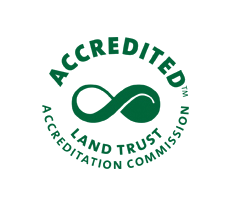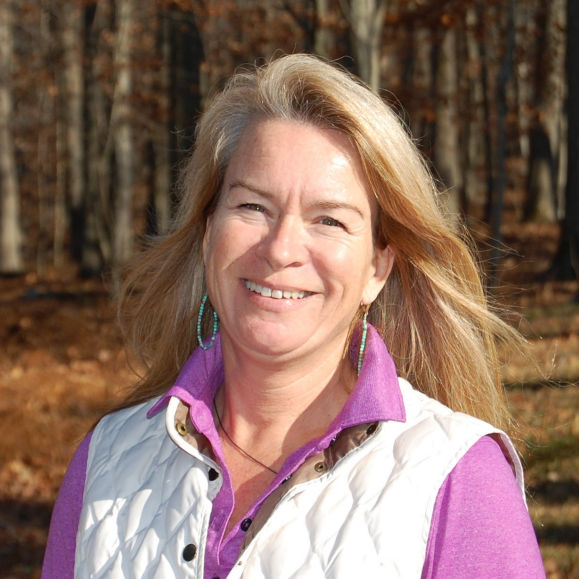Time: 2:00 -4:00 pm
Place: Lyme Public Library, 482 Hamburg Road, Lyme CT 06371
Contact Email: programreg@lymepl.org
Presenter: Lyme Public Libaray
This presentation will explore current and predicted climate change impacts for Connecticut and Long Island Sound over the next 100 years, information and tools that are available and adaptation strategies to improve our resilience. Storms Irene and Sandy showed just how vulnerable Connecticut is to damage from intense storm events. The impacts of climate change on municipalities is likely to result in more intense rainfall events, higher air and water temperatures, more vulnerable beaches and dunes, and increases to the land and infrastructure that could be inundated by rising sea levels and riverine flooding. These events challenge communities to come up with adaptation strategies to deal with impacts from climate change and many communities are working to address this challenge.
Juliana Barrett is with the University of Connecticut Sea Grant College Program and the Department of Extension. Her work focuses on climate change adaptation and coastal habitat management working with Connecticut’s municipalities, NGO’s and state and federal partners. Prior to coming to Sea Grant in 2006 she worked with CT DEP on management plans for state natural areas and for The Nature Conservancy as the Director of the Connecticut River Tidelands Last Great Places Program. She has a doctorate in plant ecology from the University of Connecticut and is a co-author of the Vegetation of Connecticut and Salt Marsh Plants of Long Island Sound.
Please call to register 860-434-2272 or email programreg@lymepl.org.






